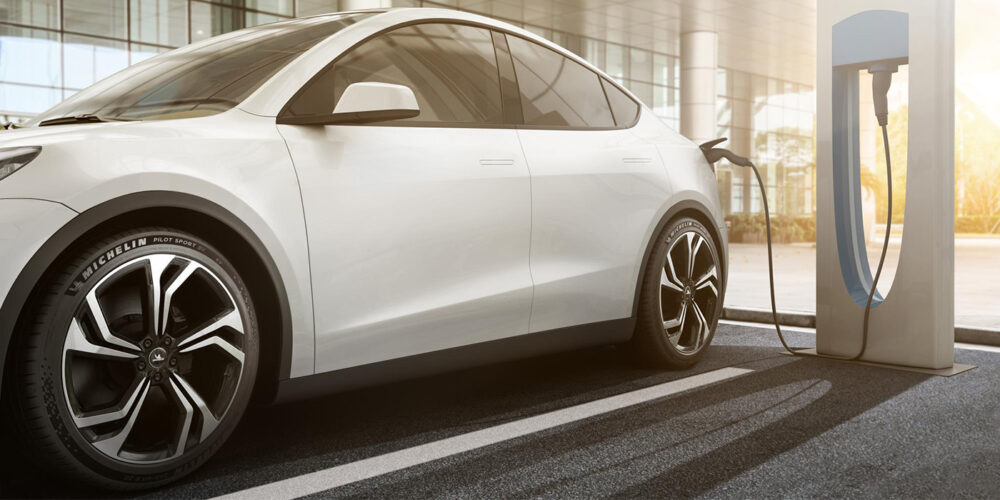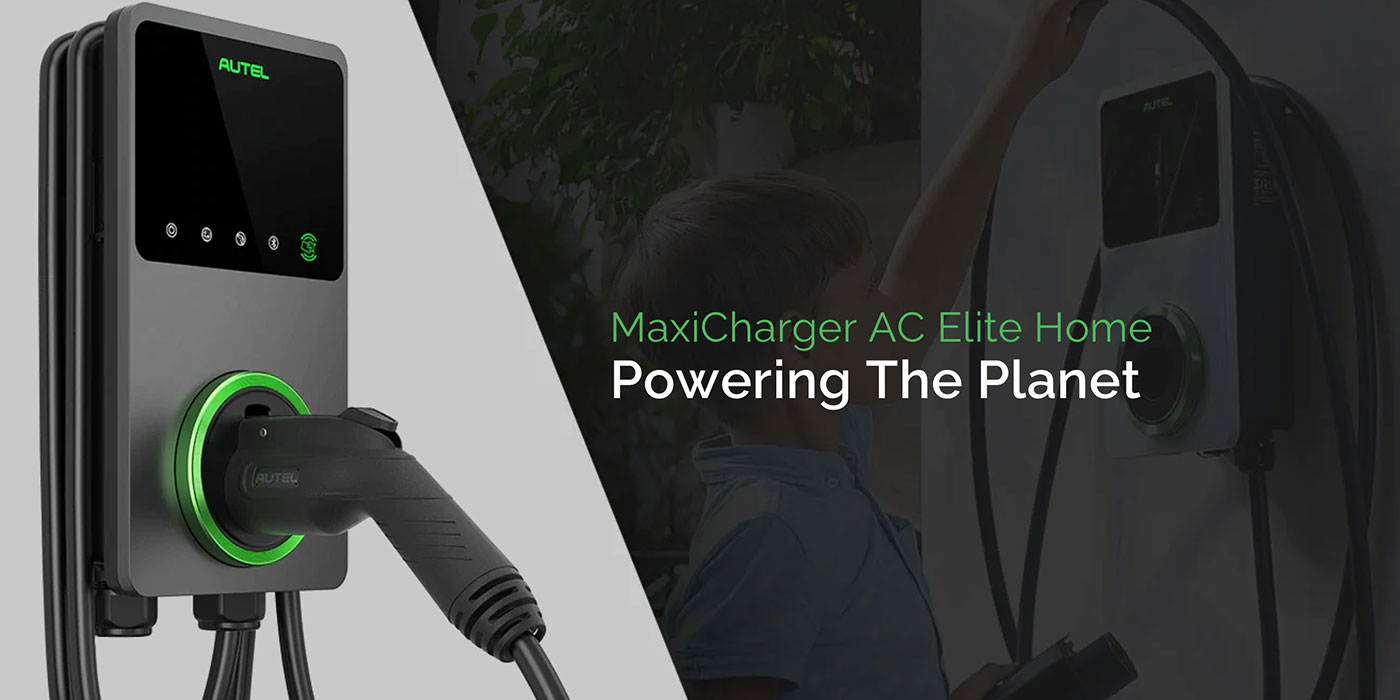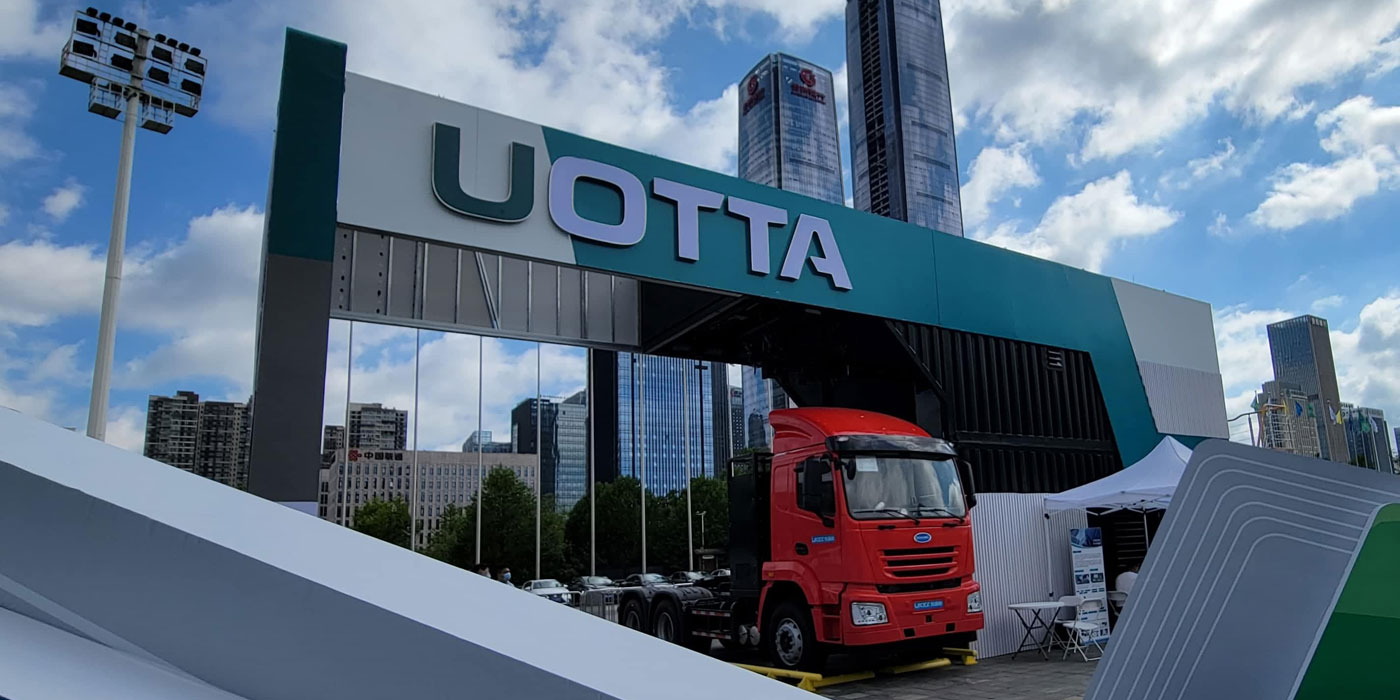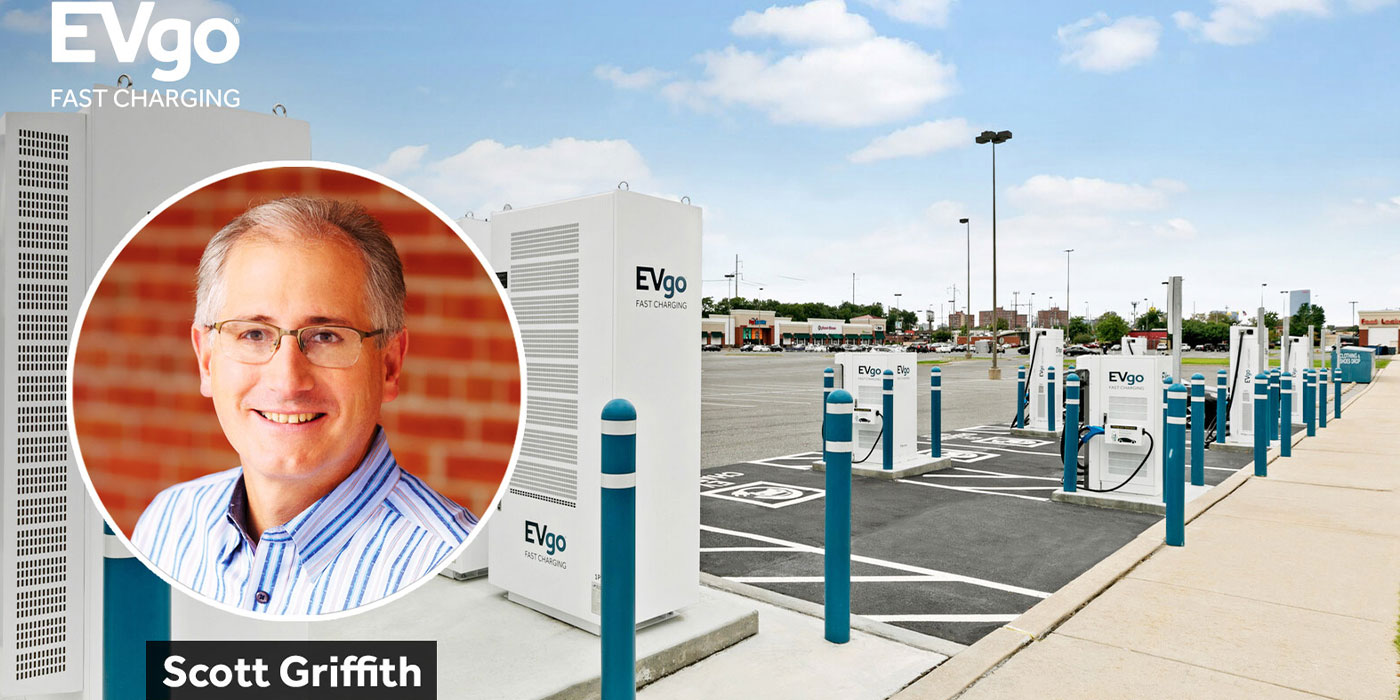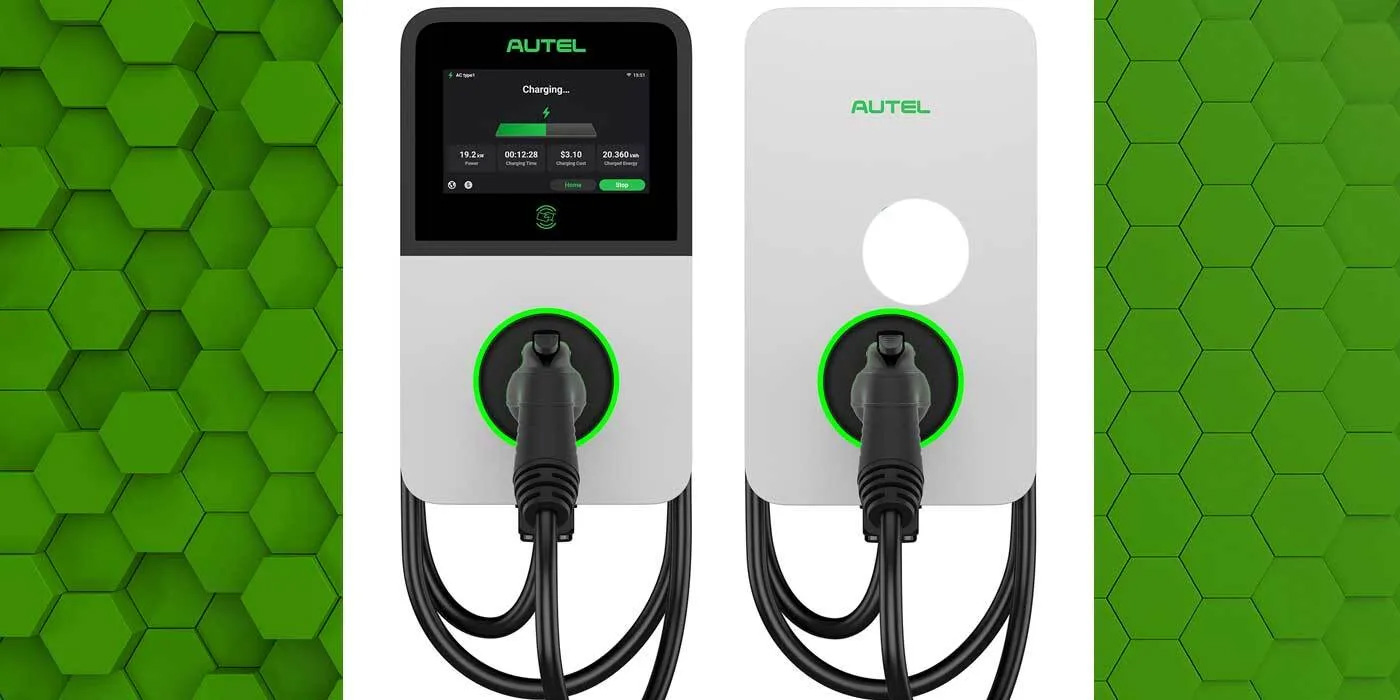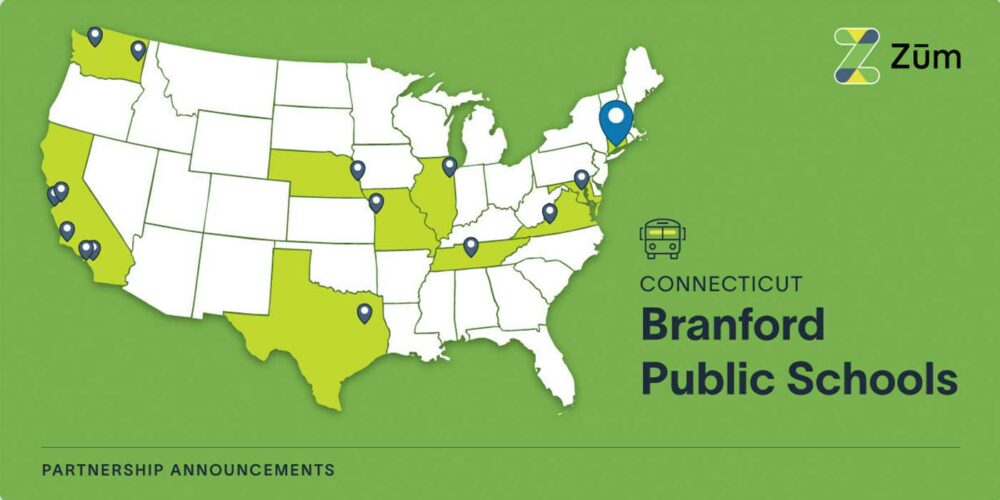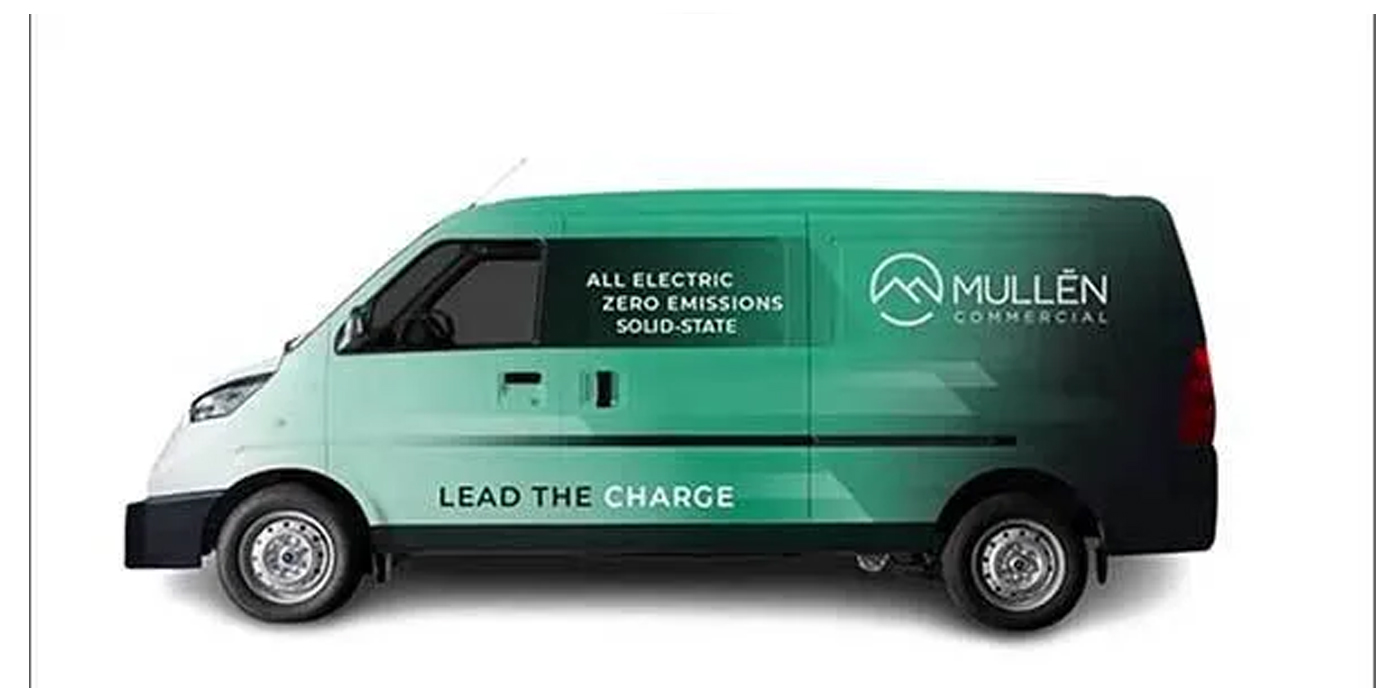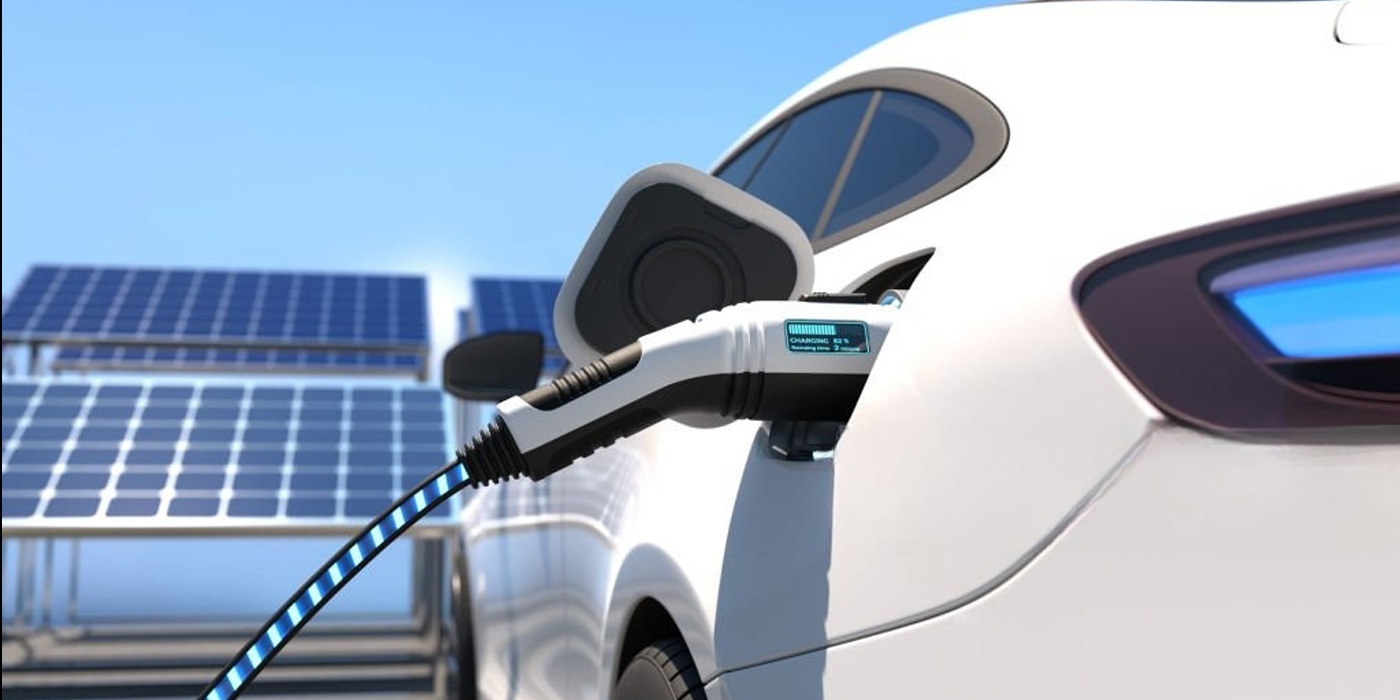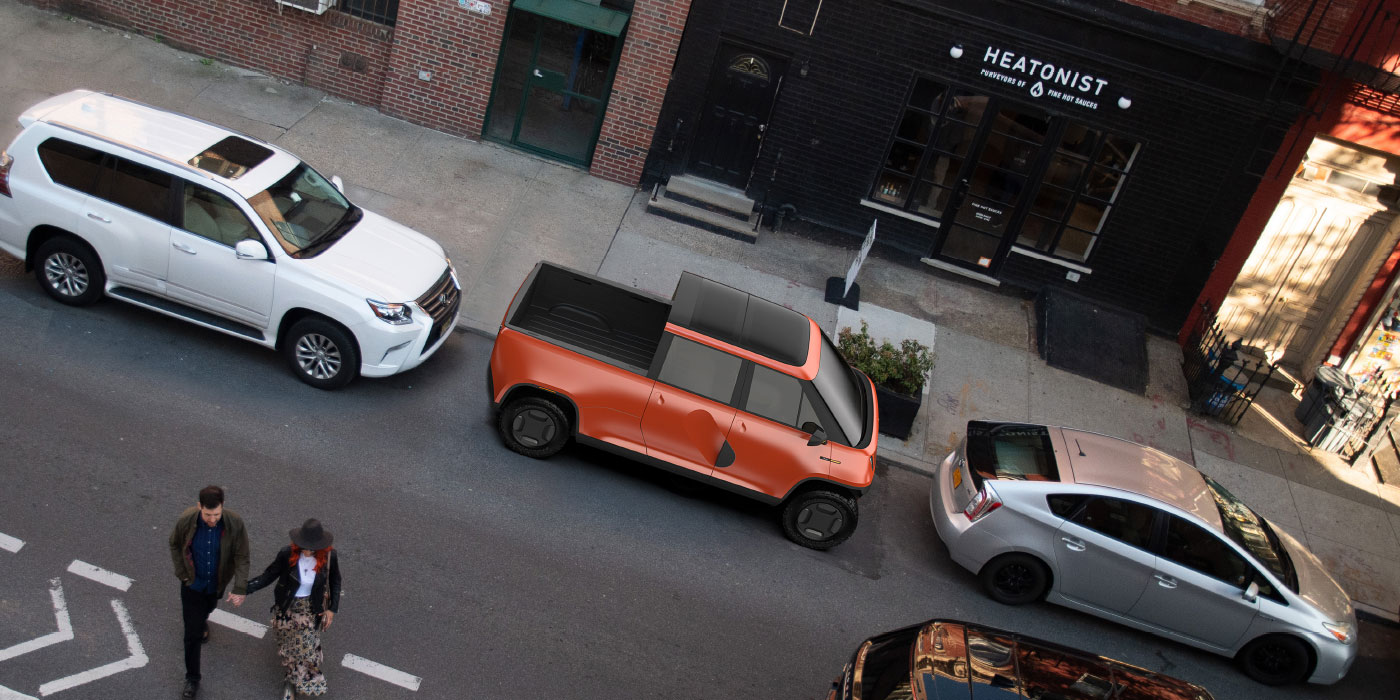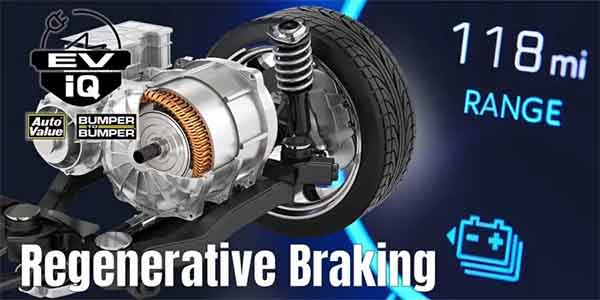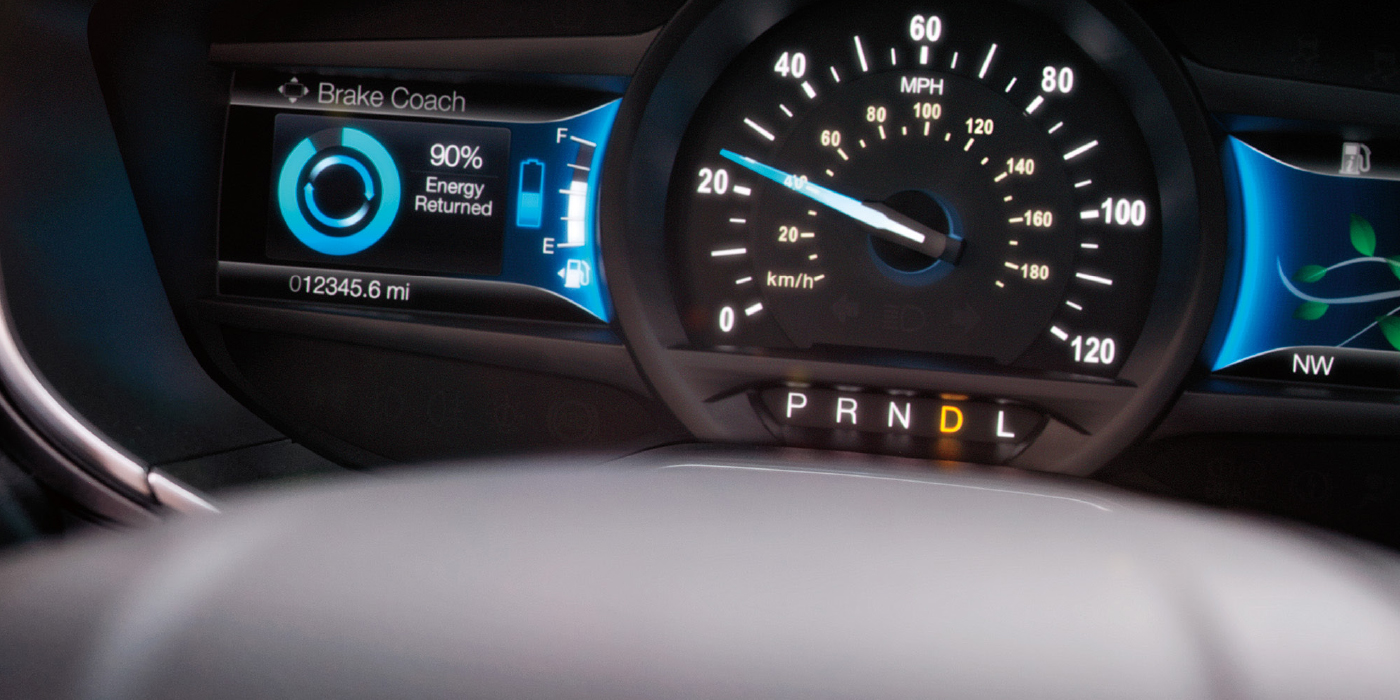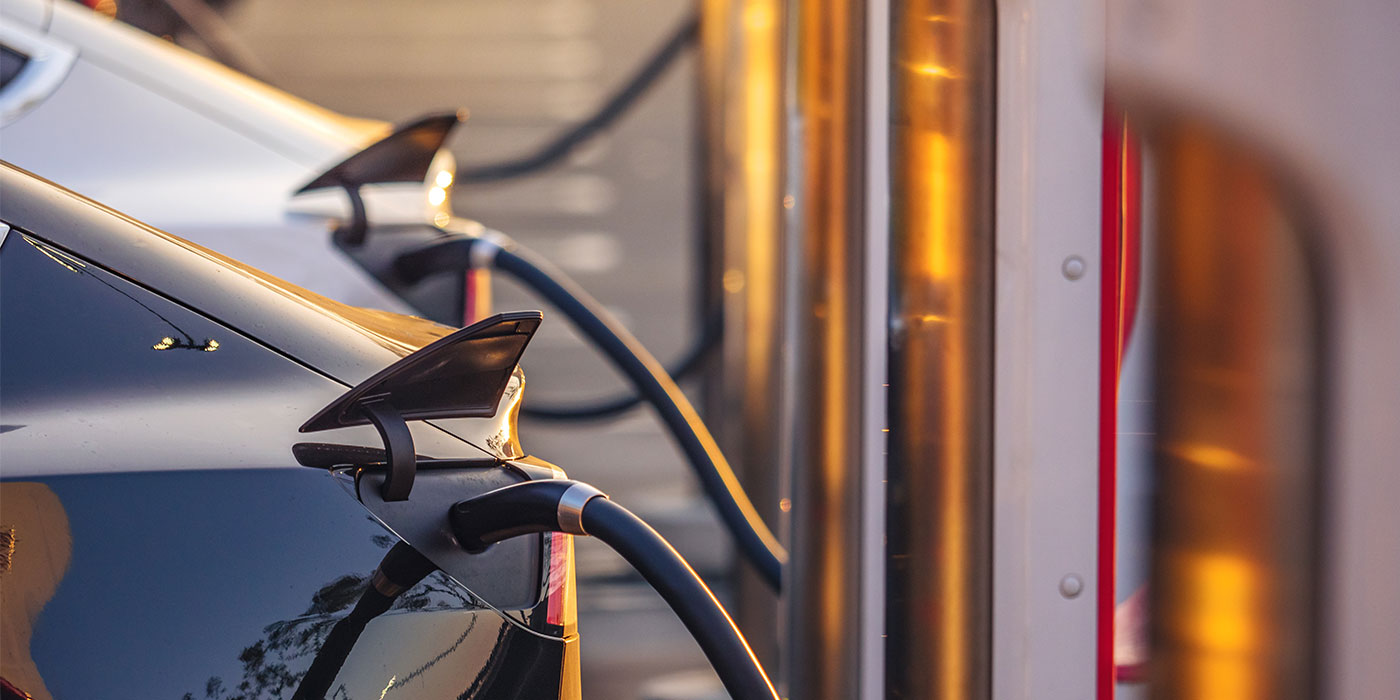Courtesy of Tire Review, by Christian Hinton
As the EV revolution accelerates through the US, a recent survey from Michelin shows concerns over the unknown remain an obstacle for many Americans, even EV owners.
According to the Global EV Outlook 2022 report, sales of electric vehicles could represent 50% of the market by 2030. However, Michelin found that affordability (59%), range anxiety (43%), and a home charging setup (37%) remain top areas of concern for traditional vehicle owners. Still, two-thirds of EV owners agree (67%) driving performance is better with EVs over traditional vehicles, and 82% are likely to consider buying another EV as their next vehicle.
While EVs may feel new and unknown for consumers, Michelin says it has been anticipating and preparing for the EV transformation for more than 40 years. To accelerate the transition, consumers will have to reset their view of tires. No longer just one of many vehicle features; they are now the most important range-extending feature of an EV. Michelin says it sees an opportunity to help consumers on this journey. Confidence in tire performance, including the ability to drive in all types of weather with an EV, is a top priority among U.S. drivers (35%). Yet most are unsure of what tire an EV needs (83%).
“For 130 years, Michelin has been obsessed with mobility that maximizes the customer experience,” said Alexis Garcin, president and CEO of Michelin North America, Inc. “We are passionate about innovation, and that has positioned us to accelerate the EV transformation. Our research and development teams continue to launch new technologies that improve rolling resistance, maximizing performance and minimizing the environmental impact of mobility.”

